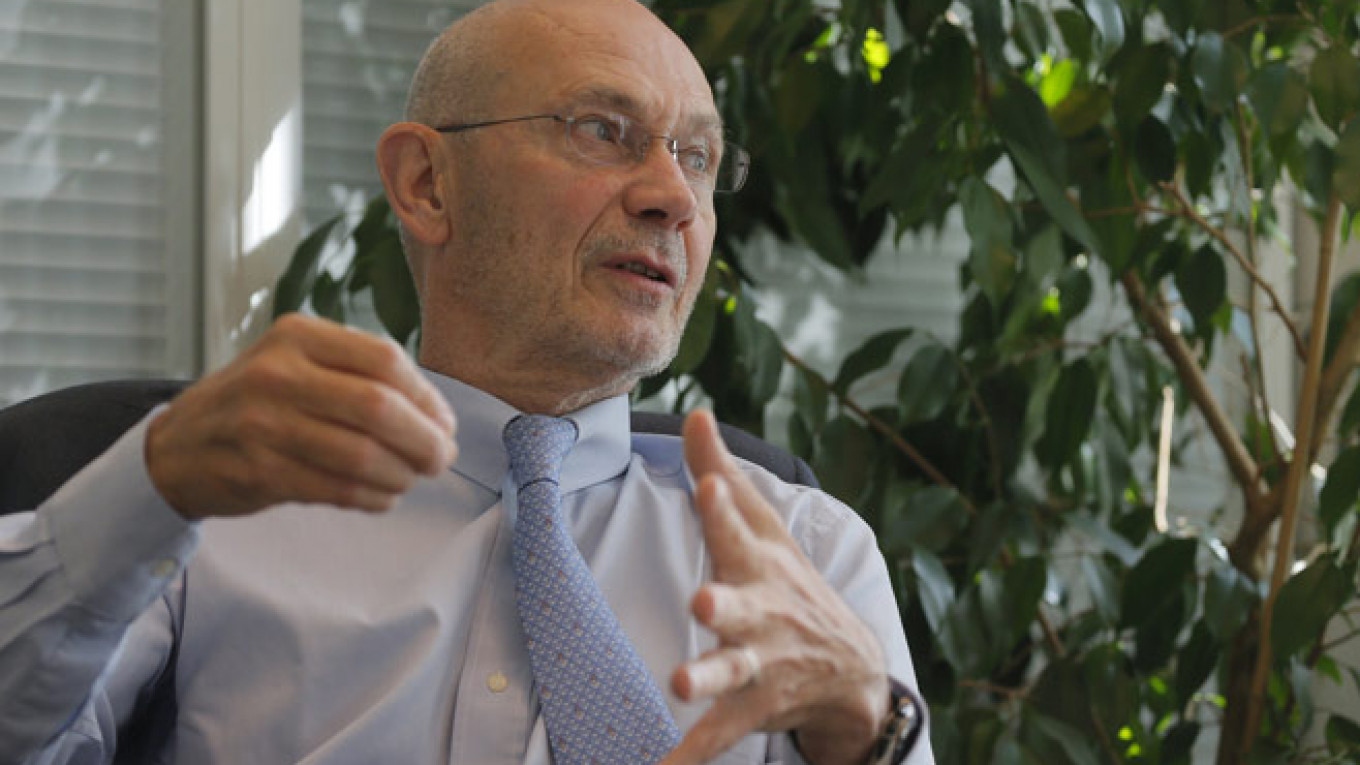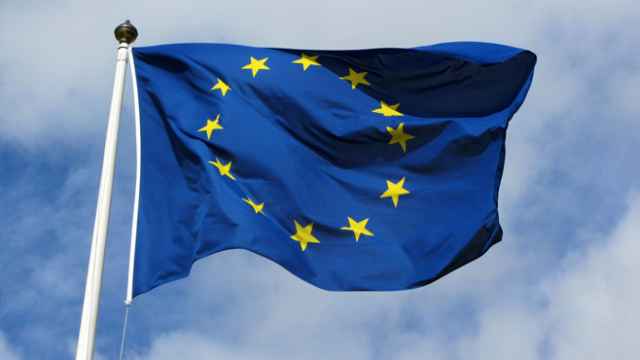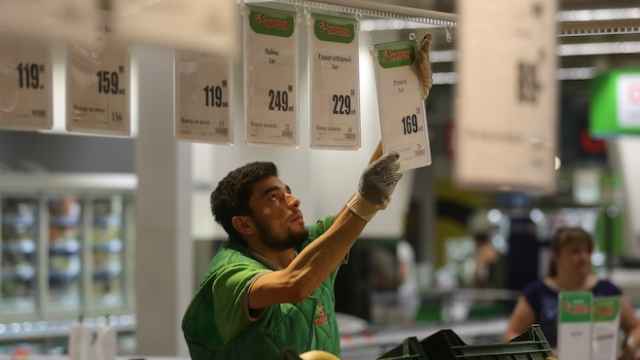Russia's push to boost sales of homegrown products while imports are hit by sanctions will be economically damaging if past experience is any guide, the former head of the World Trade Organization, Pascal Lamy, said Wednesday.
Lamy, speaking at the Reuters Russia Investment Summit, said that in the short term domestic producers could benefit but in the long run consumers are likely to lose out because prices for products will be higher.
Trade between Russia and Western countries is restricted by sanctions imposed by both sides over the conflict in Ukraine, which has dragged relations to their lowest level since the Cold War.
Russia's government has made a big push for "import substitution" — encouraging domestic firms to switch focus to replacing imports that, because of sanctions, are no longer available on the Russian market.
"In most of the cases I have known import substitution policies have failed," said Lamy, who was director general of the WTO for two terms from 2005 until 2013. "They degrade the efficiency of their economy."
"It'll work in terms of increasing local production. But that is not the fundamental point. The fundamental point is whether the consumer has value for his or her money," he said at the Summit, held at the Reuters office in Moscow.
Prices Vs. Patriotism
A surge in patriotism in Russia triggered by the conflict in Ukraine might go some way to mitigating consumers' dissatisfaction over higher prices, Lamy said, but he questioned how long that would last.
Russia has challenged the Western sanctions imposed on it over Ukraine, while questions have also been raised about whether Russian counter-sanctions, banning imports of many Western foodstuffs, are in accordance with WTO rules.
Lamy declined to comment on what would be the outcome of the different sets of litigation over sanctions.
But he said that Western sanctions, which focused on travel bans, financial services and weapons, had been carefully calibrated so as not to breach international disciplines on trade.
Russia's counter-measures, meanwhile, were trade sanctions. He said WTO rules say such sanctions are not allowed, except on grounds of national security.
"The Russian sanctions are import bans. They are selective, they target some countries and not others, which in WTO terms is discrimination," he said.
Lamy was head of the WTO when Russia entered the organization in 2012 after years of negotiations.
Since joining, Russia has been embroiled in multiple trade disputes with fellow members. The EU accuses Russia of restrictive practices to protect its carmakers, and of putting what it calls excessive import duties on paper and palm oil.
Lamy though said that such disputes were a normal part of WTO membership and Russia was no more problematic than some other new members had been.
"I think it was the right thing to do," he said on the decision to admit Russia to the WTO. "It's good for Russia, good for the WTO."
A Message from The Moscow Times:
Dear readers,
We are facing unprecedented challenges. Russia's Prosecutor General's Office has designated The Moscow Times as an "undesirable" organization, criminalizing our work and putting our staff at risk of prosecution. This follows our earlier unjust labeling as a "foreign agent."
These actions are direct attempts to silence independent journalism in Russia. The authorities claim our work "discredits the decisions of the Russian leadership." We see things differently: we strive to provide accurate, unbiased reporting on Russia.
We, the journalists of The Moscow Times, refuse to be silenced. But to continue our work, we need your help.
Your support, no matter how small, makes a world of difference. If you can, please support us monthly starting from just $2. It's quick to set up, and every contribution makes a significant impact.
By supporting The Moscow Times, you're defending open, independent journalism in the face of repression. Thank you for standing with us.
Remind me later.






